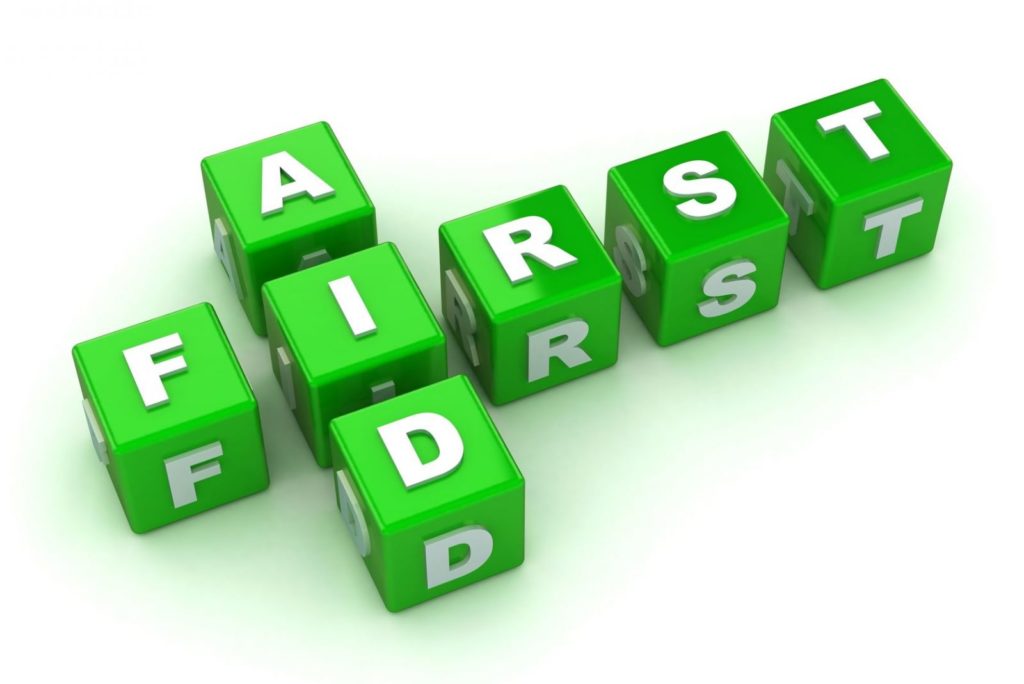
Contents
Nausea and vomiting
Nausea is an unpleasant wavelike feeling in the back of the throat and/or stomach that may lead to vomiting. Vomiting is throwing up the contents of the stomach through the mouth. Retching is the movement of the stomach and esophagus without vomiting and is also called dry heaves. Although treatments have improved, nausea and vomiting are still serious side effects of cancer therapy. Some patients are bothered more by nausea than by vomiting.
Nausea and vomiting must be controlled to maintain the patient’s treatment and quality of life.
It is very important to prevent and control nausea and vomiting in patients with cancer, so that they can continue treatment and perform activities of daily life. Uncontrolled nausea and vomiting can cause the following:
- Chemical changes in the body.
- Mental changes.
- Loss of appetite.
- Malnutrition.
- Dehydration.
- A torn esophagus.
- Broken bones.
- Reopening of surgical wounds.
There are four types of nausea and vomiting that are caused by cancer therapy:
- Anticipatory.
- Acute.
- Delayed.
- Chronic.
Anticipatory nausea and vomiting: If a patient has had nausea and vomiting after the previous three or four chemotherapy treatments, he or she may have anticipatory nausea and vomiting. The smells, sights, and sounds of the treatment room may remind the patient of previous times and may trigger nausea and vomiting before a new cycle of chemotherapy has even begun.
Acute nausea and vomiting: Usually happen within 24 hours after beginning chemotherapy
Delayed nausea and vomiting: Happen more than 24 hours after chemotherapy. Also called late nausea and vomiting.
Chronic nausea and vomiting: In patients with advanced cancer, chronic nausea and vomiting may be caused by the following:
- Brain tumors or pressure on the brain.
- Colon tumors.
- Stomach ulcers.
- Dehydration.
- High or low levels of certain substances in the blood.
- Medicines such as opioid or antidepressants.
- Radiation therapy.
Causes
Chemotherapy and radiation therapy are the most common causes of nausea and vomiting in patients being treated for cancer.
Nausea is controlled by a part of the central nervous system that controls involuntary body functions (like the heart beating). Vomiting is a reflex controlled by a vomiting center in the brain. Vomiting can be triggered by smell, taste, anxiety, pain, motion, poor blood flow, irritation, or changes in the body caused by inflammation.
The most common causes of nausea and vomiting are:
- Chemotherapy.
- Radiation therapy to the gastrointestinal (GI) tract, liver, or brain.
Many factors increase the risk for nausea and vomiting.
Nausea and vomiting are more likely if the patient:
- Had severe or frequent periods of nausea and vomiting after past chemotherapy sessions.
- Is female.
- Is younger than 50 years.
- Has a fluid and/or electrolyte imbalance (dehydration, too much calcium in the blood, or too much fluid in the body’s tissues).
- Has a tumor in the GI tract, liver, or brain.
- Has constipation.
- Is receiving certain drugs, such as opioid (pain medicine).
- Has an infection or blood poisoning.
- Has kidney disease.
- Has anxiety.
Acute or Delayed Nausea and Vomiting:
Acute and delayed nausea and vomiting are common in patients being treated for cancer.
Chemotherapy is the most common cause of nausea and vomiting that is related to cancer treatment.
How often nausea and vomiting occur and how severe they are may be affected by the following:
- The specific drug.
- The dose of the drug or if it is given with other drugs.
- How often the drug is given.
- The way the drug is given.
- The individual patient.
Acute nausea and vomiting are more likely in patients who:
- Have had nausea and vomiting after previous chemotherapy sessions.
- Are female.
- Drink little or no alcohol.
- Are young.
Delayed nausea and vomiting are more likely in patients who:
- Are receiving high-dose chemotherapy.
- Are receiving chemotherapy two or more days in a row.
- Have had acute nausea and vomiting with chemotherapy.
- Are female.
- Drink little or no alcohol.
- Are young.
Acute and delayed nausea and vomiting are usually treated with drugs.
Acute and delayed nausea and vomiting are usually treated with antinausea drugs. Some types of chemotherapy are more likely to cause acute nausea and vomiting. Drugs may be given before each treatment to prevent nausea and vomiting. After chemotherapy, drugs may be given to prevent delayed vomiting. Some drugs last only a short time in the body and need to be given more often. Others last a long time and are given less often.
The following table shows drugs that are commonly used to treat nausea and vomiting caused by cancer treatment:
Treating Nausea and Vomiting Without Drugs
Treatment without drugs is sometimes used to control nausea and vomiting.
Non-drug treatments may help relieve nausea and vomiting, and may help anti nausea drugs work better. These treatments include:
- Nutrition changes (see the Nausea section in the PDQ summary on Nutrition in Cancer Care for more information).
- Acupuncture and acupressure (see the PDQ summary on Acupuncture for more information).
- Behavior therapy.
- Relaxation methods: Guided imagery and hypnosis are relaxation techniques that have been studied and shown to be helpful in anticipatory nausea and vomiting.
